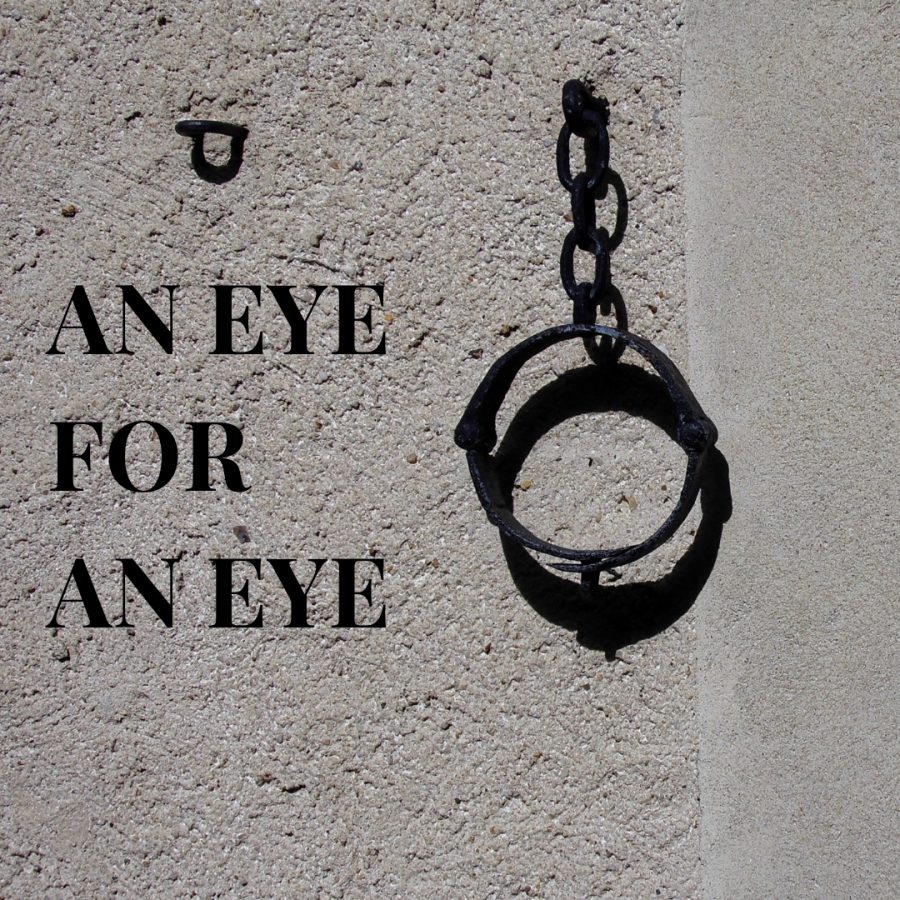Capital Punishment: Justly Serving Justice
October 24, 2018
There are many arguments surrounding Capital Punishment, or the death penalty. Is it cruel and unusual? Does it serve a purpose? Is it morally right or wrong? The death penalty has been used since the beginning of history. Today it is primarily used to punish crimes like murder, espionage, and treason. In most states in the U.S., the death penalty is carried out by lethal injection, which is the practice of injecting a drug or drugs into a person to cause immediate death. This practice–compared to electrocution, a firing squad, or lethal gas–is an uncruel way to serve justice to violent criminals.
Some say the death penalty is a cruel and unusual punishment. But what do we do with America’s most heinous criminals? What do we do with offenders who brutalize and kill innocent people? To what degree does cruel and unusual stand? For someone who has killed many people, going to prison for the rest of their lives could hardly make up for the lives they took. Unremorseful criminals who commit violent act or murder should not be spared. Were their victims spared?
Capital Punishment serves more than one purpose. Some may argue that it is a waste of time and money. In the long run, however, the resources that would have been used for horrid criminals are no longer needed. The death penalty is also a way to give a warning that capital crimes are not tolerated and are severely punished, instilling a fear that could prevent awful crimes from being commited. Similarly, the death penalty provides closure for the victims of capital crimes and their families.
Acts of violent, premeditated murder deserve severe punishment; simply putting a monstrous criminal in prison is not enough. Many of these killers won’t change and are too dangerous to even be placed in prison. These circumstances call for severe sentencings. The saying “an eye for an eye,” the fundamental belief that capital punishment is derived from, is essentially the ideology that a person that has hurt another person is to be penalized to the same degree. If a person purposely takes away the life of another, why should their life be spared?



